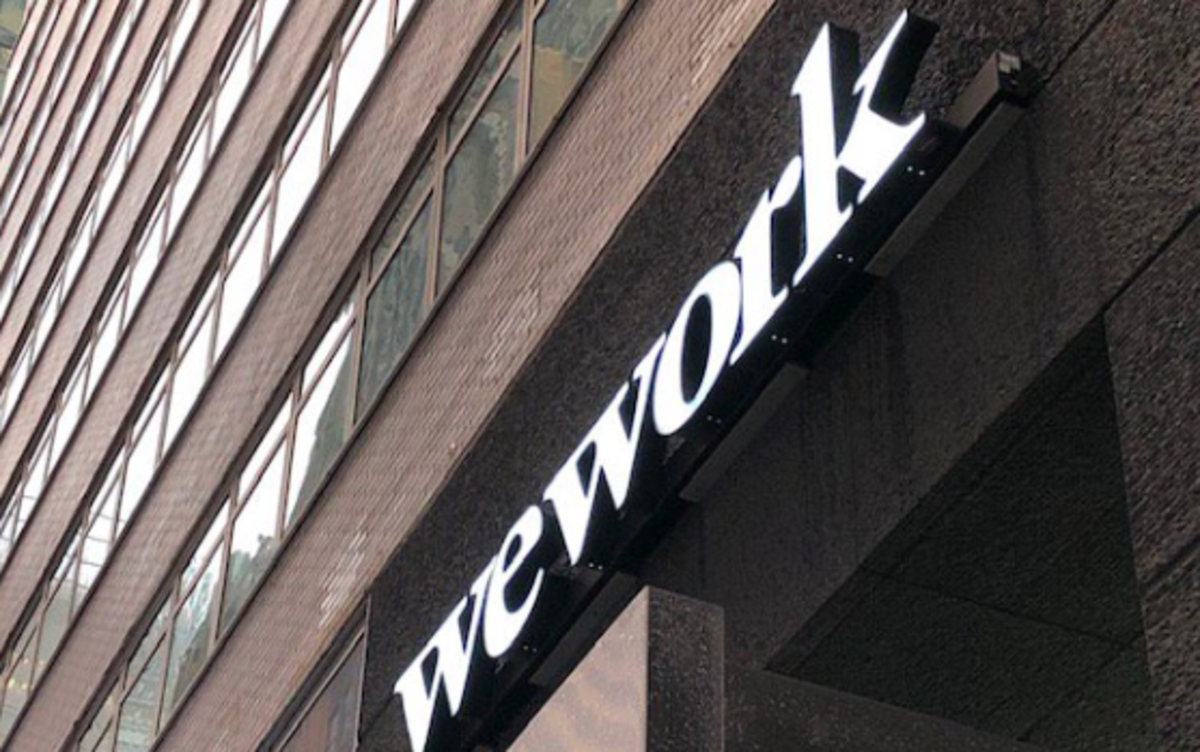
If you thought WeWork’s pre-IPO bad press would end before its IPO, you would be wrong.
On Tuesday, a mysterious landlord known only as “120 East 16th Street Co. LLC” sued WeWork, alleging that the company used a shell entity to circumvent its liabilities. In a complaint filed with the New York State Supreme Court, the landlord claimed that this restructuring violated the terms of its October 2016 lease.
This is an action for declaratory judgment seeking a determination that… Tenant has committed an incurable default under its lease with the Plaintiff. As a result, the Plaintiff is entitled to terminate the lease at its option and seek relief against WWCI, or its successor, as the corporate guarantor, based upon an acceleration of rents.
Apparently, WeWork transferred liability for the lease from its parent company, WeWork Incorporated Inc., to the newly created WeWork Companies LLC.
…on or about June 23, 2019, the Landlord received a belated notice without any detail to the effect that [WeWork Incorporated Inc.] [(“]WWCI[”)] had already undergone an undefined “holding company reorganization” under which a new entity known as WeWork Companies LLC (“WWC LLC”) became the corporate holding company [of the lease].
The landlord further alleged that this move is in violation of the “Net Worth Clause” contained in the lease, which requires that, in the event that WeWork were to replace WWCI with another company as guarantor (which, to be clear, is exactly what WeWork did), that new company would have to have a net worth of at least $150 million.
But in its complaint, 120 East 16th Street Co. LLC expressed its skepticism that this new shell company actually has the cash:
Recent financial reports in the media, however, cast great doubt on the financial viability of WWC LLC…. Defendants are effectively foisting on the Landlord a guarantor not of its choosing, without the required prior notice and prior proof that the substitute guarantor has a net worth of at least $150 million.
These “recent financial reports in the media” might have included Triton Research’s searing analysis of WeWork’s financial alchemy, or the FT’s report this Sunday that WeWork’s extensive use of shell companies will make it harder for its landlords to enforce obligations should those shell companies go bankrupt.
While using an LLC to sign a lease is common in commercial real estate, the amount of rental obligations WeWork has left unguaranteed is not ($41.2 billion out of a total of $47.2 billion of future lease liabilities, or roughly 83%, according to the IPO prospectus it filed last week).
Are the folks at 120 East 16th Street Co. LLC hedging against a potential WeWork bankruptcy? Perhaps they figured it’s better to sue WeWork now, rather than wait to sue WeWork’s bondholders for money not already flushed down WeWork’s thousands of toilets. Either way, it seems they want to avoid a scenario in which WeWork’s investors remain whole while its landlords join the alligators in the sewers of the world’s high-cost business centers.
Follow Jack Farley on Twitter @JackFarley96.



 Jordan Rothman is a partner of
Jordan Rothman is a partner of 




 Jill Switzer has been an active member of the State Bar of California for over 40 years. She remembers practicing law in a kinder, gentler time. She’s had a diverse legal career, including stints as a deputy district attorney, a solo practice, and several senior in-house gigs. She now mediates full-time, which gives her the opportunity to see dinosaurs, millennials, and those in-between interact — it’s not always civil. You can reach her by email at
Jill Switzer has been an active member of the State Bar of California for over 40 years. She remembers practicing law in a kinder, gentler time. She’s had a diverse legal career, including stints as a deputy district attorney, a solo practice, and several senior in-house gigs. She now mediates full-time, which gives her the opportunity to see dinosaurs, millennials, and those in-between interact — it’s not always civil. You can reach her by email at 
 Kathryn Rubino is a Senior Editor at Above the Law, and host of
Kathryn Rubino is a Senior Editor at Above the Law, and host of 
 Ellen Trachman is the Managing Attorney of
Ellen Trachman is the Managing Attorney of 



